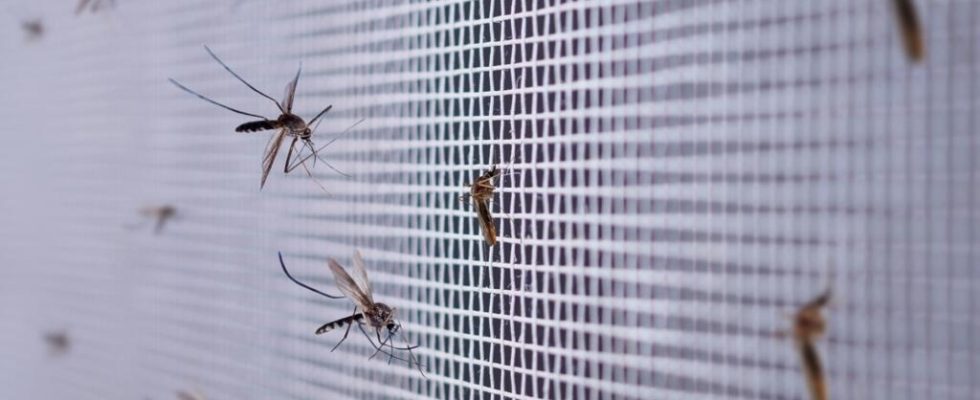The World Health Organization authorizes a second vaccine against malaria, intended for children. R21-Matrix-M is now validated by the WHO. A decision which opens the door to greater distribution of this vaccine, whereas until now, only three African countries recommended it.
2 mins
As of 2021, malaria has killed more than 600,000 people worldwide. Africa concentrates the vast majority of cases and among the victims on the continent, it is children under five who are particularly affected. It is for this reason that for years, efforts have focused on the development of a pediatric vaccine.
The head of the WHO, Dr Tedros, did not hide his joy when announcing the validation of the R21/Matrix-M vaccine. “ Since 2000, the number of deaths from malaria has fallen by more than 50%. And we have managed to eliminate the disease in many places on the planet. But since then, we have stagnated. I myself, as a former researcher on the subject, dreamed of the day when we would have a safe and effective vaccine against the disease. Well today we have two. »
After the RTS-S recommended two years ago, it is the R21-Matrix-M which receives the WHO label this Tuesday, with 77% proven effectiveness according to studies. On paper, this can be a game-changer in the face of illness.
The first authorized vaccine has indeed proven itself, with similar effectiveness. The WHO has observed a significant reduction in severe and fatal forms of malaria where it is administered. But demand today far exceeds supply.
Hence the interest in making a second product available. The whole issue now rests on its accessibility. It had already been authorized in three countries: Ghana, Nigeria, and Burkina Faso. This recommendation from the World Health Organization should therefore facilitate its wide dissemination.
Especially since the production capacity for this second vaccine is significant. GSK, which manufactures RTS-S, plans to deliver 18 million doses to 12 African countries by 2025. R21/Matrix-M has the advantage of being developed by the Serum Institute of India. The world’s largest vaccine manufacturer. 100 million doses are expected to leave Indian factories each year.
The publications that were made with the new vaccine were entirely favorable, with a protection capacity which was of the order of 70%, which was much higher than the 30 and some % of the previous vaccine, thanks undoubtedly to this booster of protective effectiveness by this substance added to the vaccine.
Martin Danis, specialist in parasitic diseases in tropical zones
